In today’s world, many of us are trying to find ways to make our homes healthier and more environmentally friendly. One area where this trend is growing is the use of indoor plants for natural air freshening. Instead of relying on chemical air fresheners that may release harmful substances into your home, plants can help purify the air and provide a subtle, fresh scent. Not only do they add a beautiful touch to your decor, but they also work to naturally improve the air quality in your home.
This article will guide you through the best indoor plants that naturally freshen the air, how they work, and tips for maximizing their benefits.
Also Read- The Language Of Plants: How Your Indoor Plants Communicate With You
Why Use Indoor Plants for Air Freshening?

Traditional air fresheners often contain chemicals like phthalates, formaldehyde, and synthetic fragrances that can have adverse effects on indoor air quality and even human health. According to studies, some of these chemicals may cause allergic reactions, respiratory issues, and long-term health problems with prolonged exposure. On the other hand, indoor plants provide a natural and safe alternative for freshening the air without adding toxins.
Here are several reasons why you should consider using plants to keep your indoor air fresh:
- Chemical-Free: Plants naturally clean the air and add a pleasant scent without the use of artificial chemicals.
- Sustainable: Houseplants are environmentally friendly and sustainable, requiring only sunlight, water, and occasional care.
- Aesthetic Appeal: Plants enhance the visual appeal of your home and can be used to complement various decor styles.
- Air Purification: Many indoor plants not only add fragrance but also help purify the air by removing toxins such as formaldehyde, benzene, and ammonia.
Now, let's dive into some of the best indoor plants for natural air freshening.
1. Lavender: A Classic for a Relaxing Scent
Lavender is one of the most well-known plants for its soothing and calming scent. Its light, floral fragrance is not only pleasant but is also believed to promote relaxation, reduce stress, and improve sleep quality.
How Lavender Freshens the Air:
- Natural Fragrance: The aromatic oils in lavender are released into the air, providing a subtle, relaxing scent that helps freshen up your living space.
- Promotes Calmness: The natural scent of lavender can reduce anxiety and promote a sense of calm, making it a great plant for bedrooms or relaxation spaces.
Care Tips:
- Lavender thrives in bright, indirect light. Place it near a sunny window to ensure healthy growth.
- Keep the soil slightly dry between waterings, as lavender prefers well-drained soil.
2. Mint: Refreshing and Energizing
Mint is a fast-growing herb that is perfect for adding a burst of freshness to your home. The invigorating scent of mint is known to uplift the mood and energize the atmosphere. It’s ideal for kitchens and living rooms where you want to create a refreshing, vibrant environment.
How Mint Freshens the Air:
- Natural Minty Aroma: The plant releases a fresh, cooling minty scent that refreshes the air and neutralizes odors.
- Mood Booster: Mint’s scent is often associated with energy and alertness, making it a great plant to boost your productivity and mood.
Care Tips:
- Mint thrives in moderate to bright light, so place it on a windowsill or a well-lit part of your home.
- Keep the soil consistently moist, but ensure that it drains well to avoid waterlogging.
3. Jasmine: Sweet and Exotic Fragrance
Jasmine is a beautiful plant that produces delicate white or yellow flowers with an exotic and sweet fragrance. Known for its romantic and relaxing scent, jasmine is often used in perfumes and essential oils.
How Jasmine Freshens the Air:
- Naturally Sweet Scent: The fragrant flowers of jasmine release a sweet aroma that lingers in the air, making it a fantastic natural air freshener.
- Calming Effects: Jasmine’s scent is believed to reduce stress and promote a sense of well-being, making it ideal for bedrooms or living areas.
Care Tips:
- Jasmine prefers bright light, but it can also tolerate partial shade. Place it near a window for the best results.
- Keep the soil evenly moist, especially when the plant is in bloom.
4. Lemon Balm: Citrus-Fresh Scent
Lemon balm is another herb that emits a refreshing citrus scent, ideal for naturally freshening indoor air. The lemony fragrance is light and uplifting, and its leaves can even be used to make soothing herbal teas.
How Lemon Balm Freshens the Air:
- Citrus Aroma: Lemon balm leaves release a fresh, lemony scent that can naturally deodorize a room and add a light, citrus fragrance to the air.
- Mood Uplifter: The smell of lemon is known to uplift spirits and can improve focus, making lemon balm a great plant for workspaces or living rooms.
Care Tips:
- Lemon balm grows best in bright, indirect light and can also tolerate partial shade.
- Water it regularly, but allow the top layer of soil to dry out slightly between waterings.
5. Geranium: Floral and Fruity Scents
Geraniums are vibrant flowering plants that come in a variety of colors. Not only are they visually appealing, but they also emit a strong, pleasant scent that can range from rose-like to lemony or even peppermint-like, depending on the variety.
How Geranium Freshens the Air:
- Variety of Scents: Depending on the type of geranium, you can enjoy floral, fruity, or minty scents that freshen the air naturally.
- Air Purification: Geraniums are also known to have air-purifying qualities, helping to filter out toxins from the air.
Care Tips:
- Geraniums prefer bright sunlight and should be placed in a spot with direct sun for a few hours each day.
- Allow the soil to dry out slightly between waterings to prevent overwatering.
6. Eucalyptus: Refreshing and Decongesting
Eucalyptus is known for its refreshing, minty scent that not only freshens the air but also helps clear nasal passages. The natural oils in eucalyptus leaves have antimicrobial properties, making this plant a powerful ally in purifying indoor air.
How Eucalyptus Freshens the Air:
- Refreshing Aroma: Eucalyptus releases a strong, crisp aroma that freshens the air and can even act as a natural decongestant.
- Air-Purifying Properties: Eucalyptus can help remove toxins from the air and reduce indoor allergens.
Care Tips:
- Eucalyptus thrives in bright, direct sunlight. Place it in a sunny location to encourage healthy growth.
- Keep the soil slightly dry between waterings, as eucalyptus prefers well-draining soil.
Also Read- Top 5 Indoor Plants That Double As Natural Air Fresheners
How to Maximize the Air Freshening Benefits of Indoor Plants

To get the most out of your indoor plants for natural air freshening, follow these tips:
- Place Plants Strategically: Position your fragrant plants in areas where you spend the most time, such as the living room, kitchen, or bedroom.
- Combine Multiple Plants: Combining different types of fragrant plants can create a multi-layered scent profile in your home.
- Regular Maintenance: Keep your plants healthy by watering them regularly, pruning them, and ensuring they get the right amount of sunlight.
- Rotate Plants for Best Results: Move your plants around your home to optimize their scent and air-purifying abilities.
Conclusion
Using indoor plants for natural air freshening is a wonderful, chemical-free way to keep your home smelling fresh while enhancing its decor. From the calming scent of lavender to the refreshing fragrance of mint, these plants not only purify the air but also create a more inviting and soothing environment. By choosing the right plants and caring for them properly, you can enjoy a naturally fragrant home without the need for artificial air fresheners.


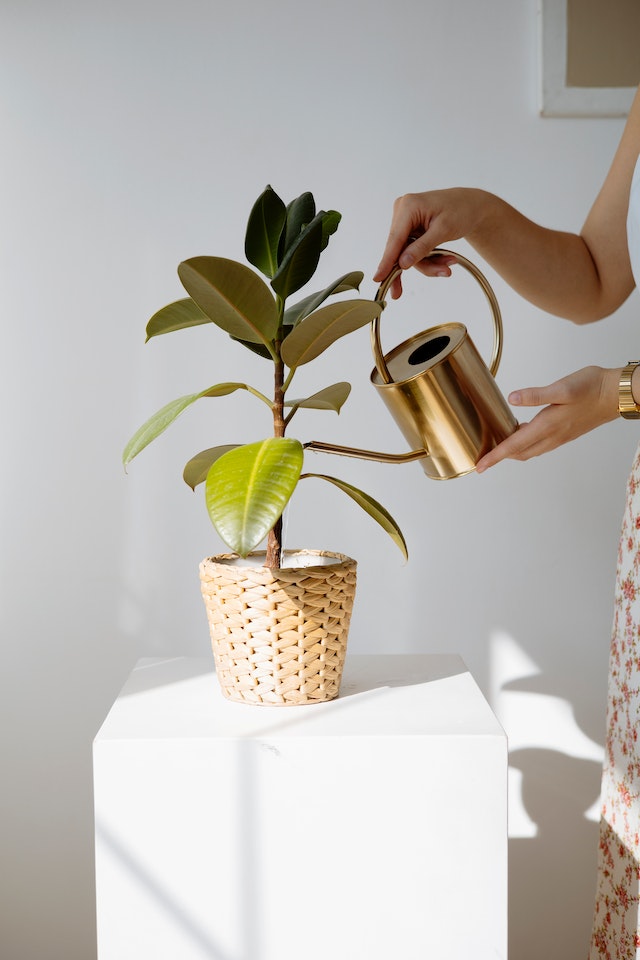
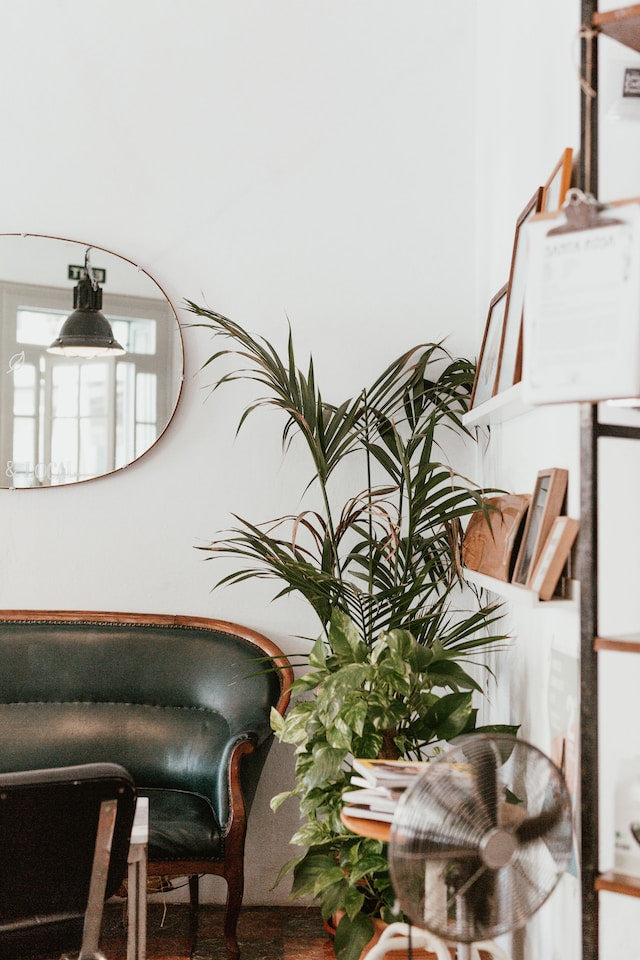
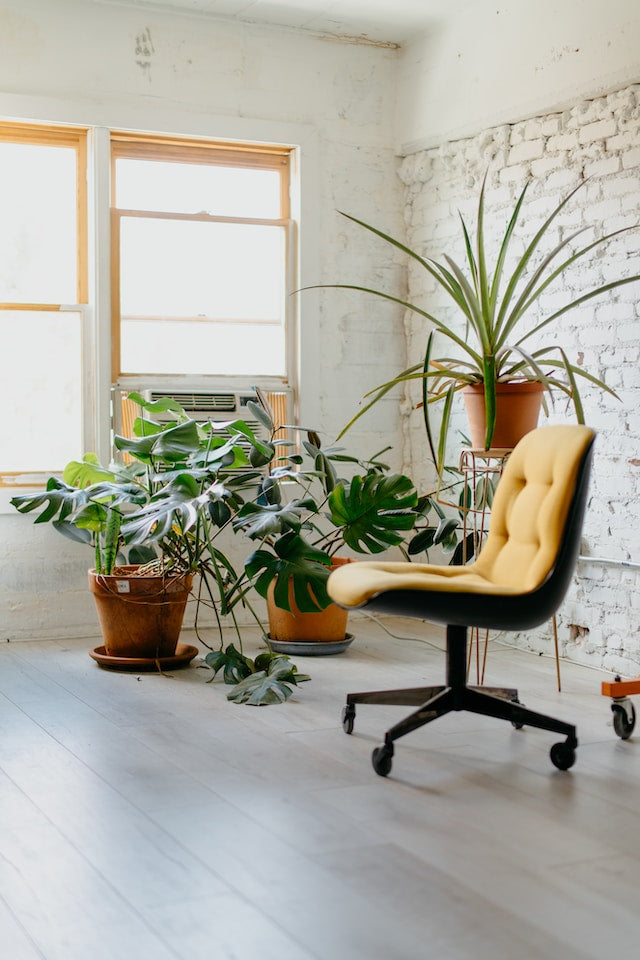
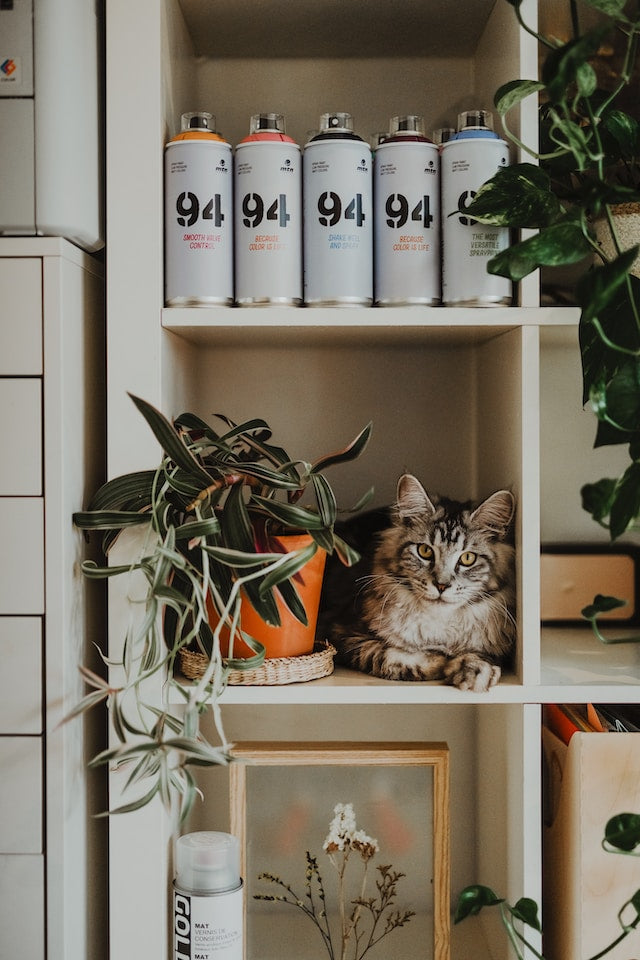
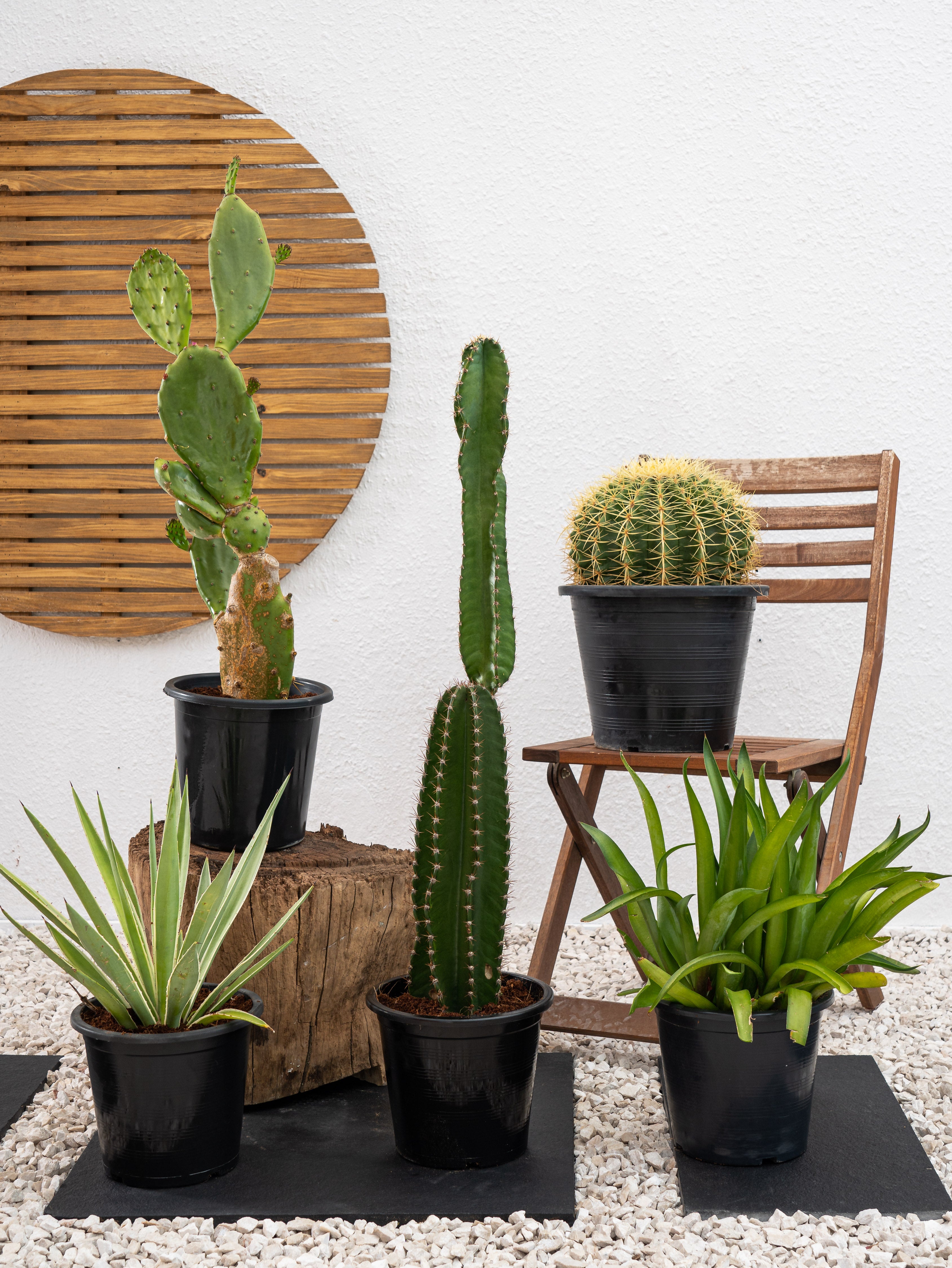
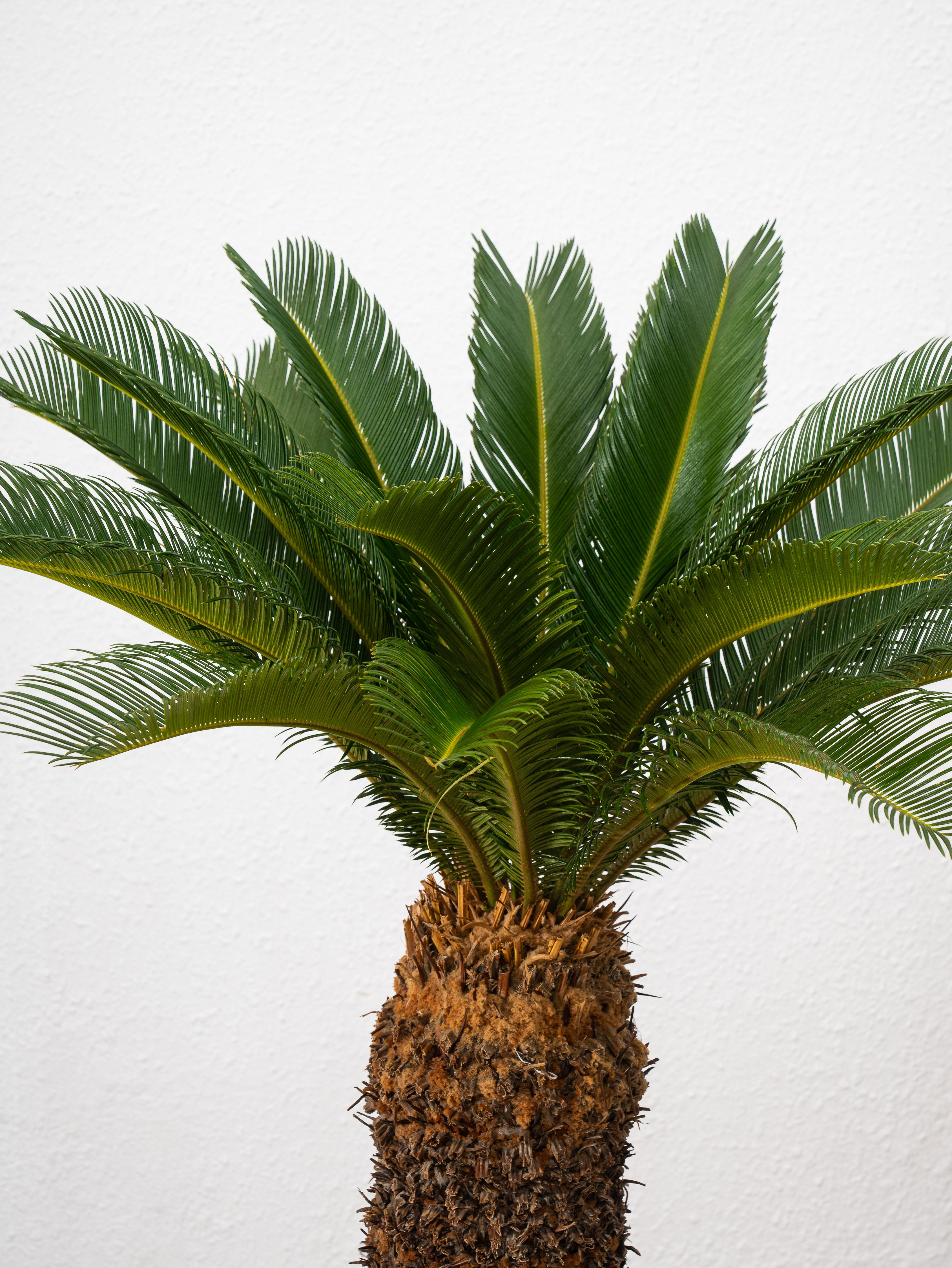
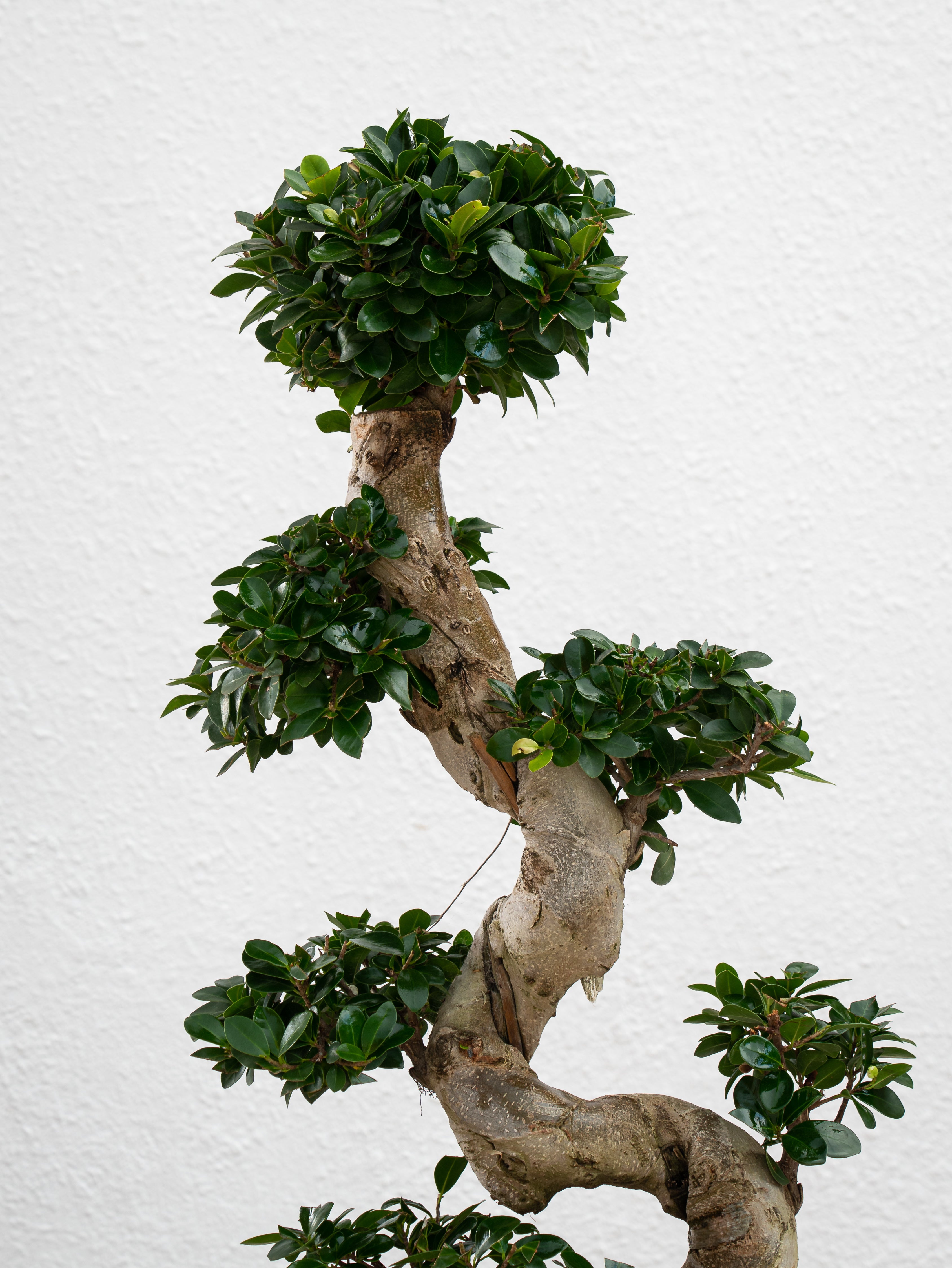
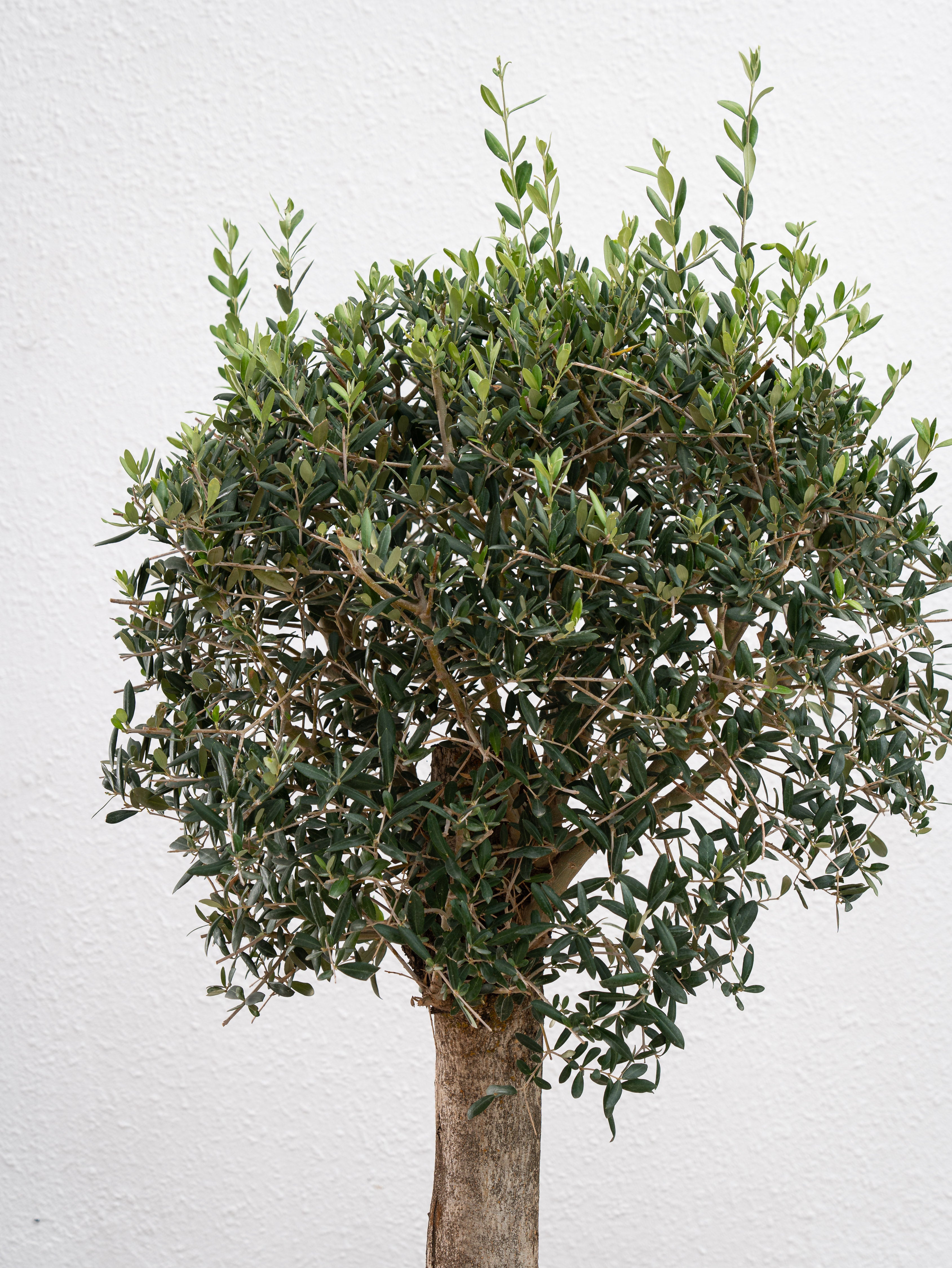
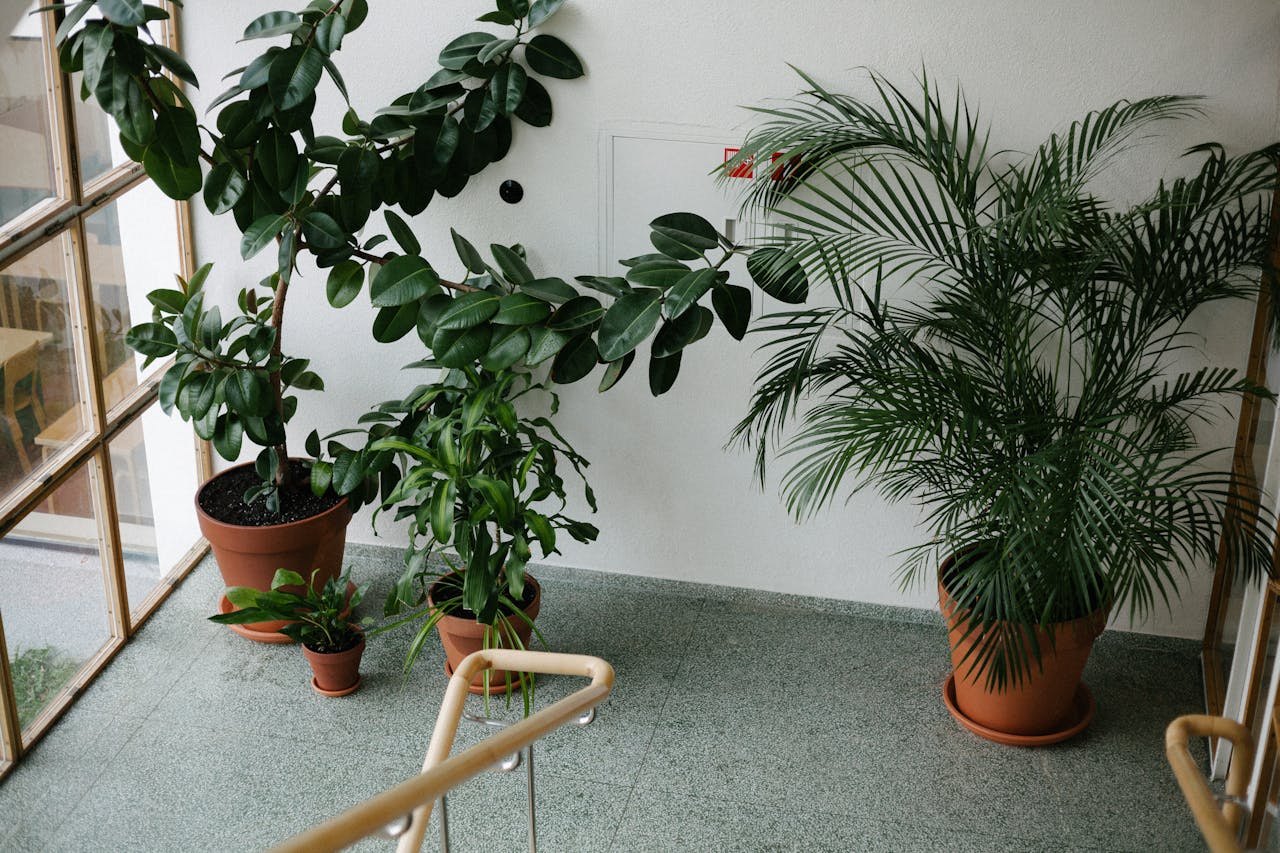
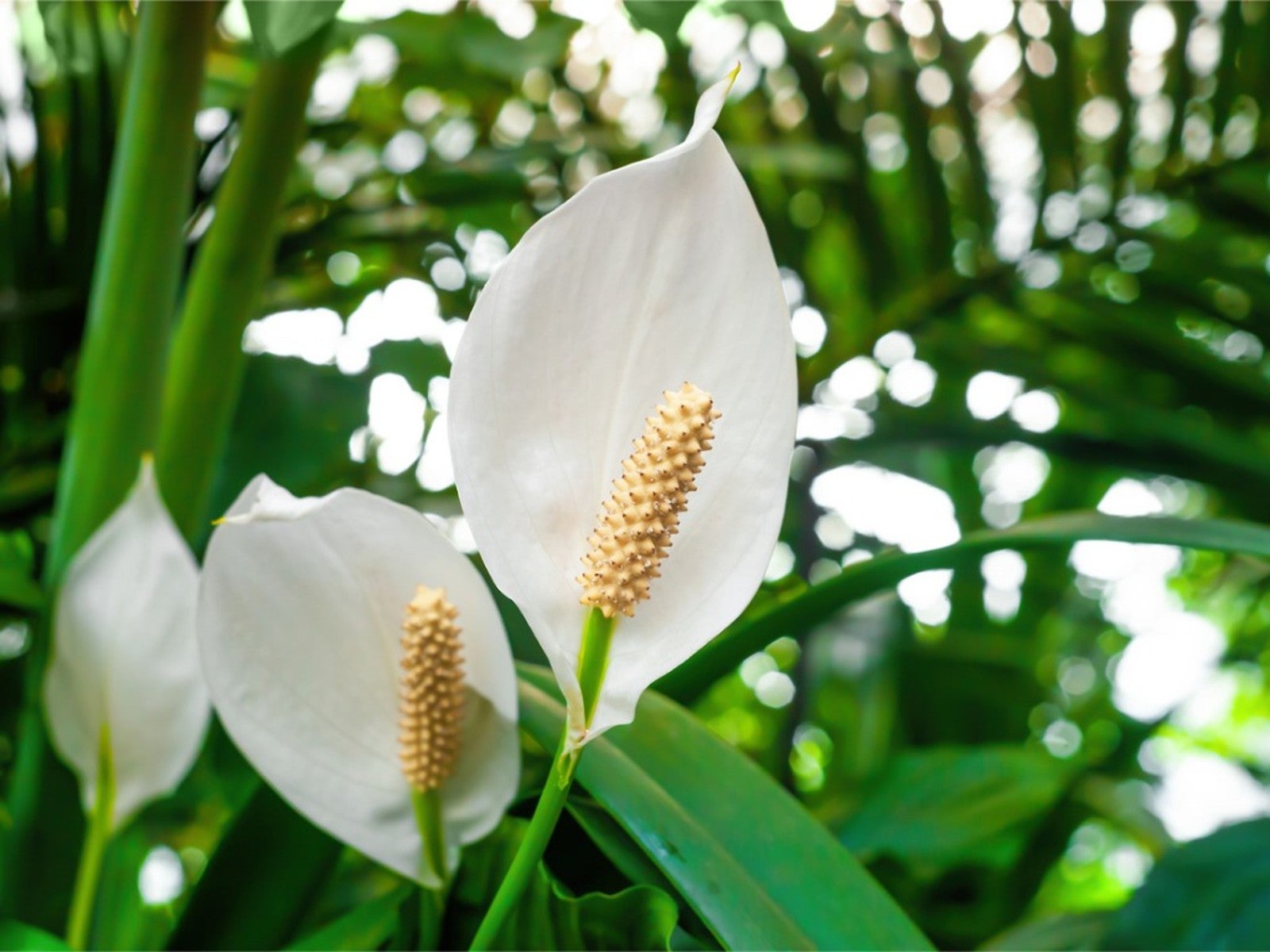

Leave a comment
This site is protected by hCaptcha and the hCaptcha Privacy Policy and Terms of Service apply.